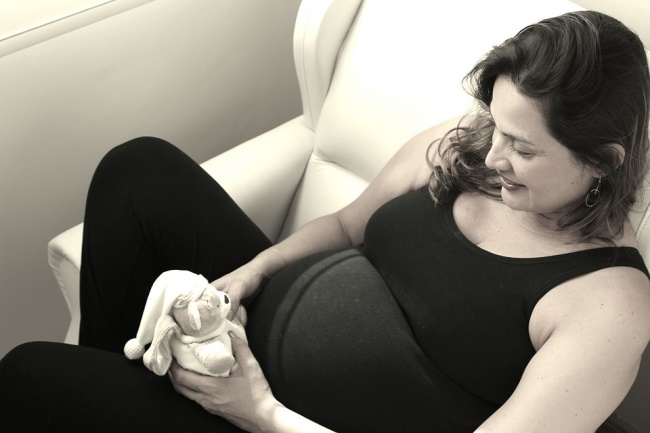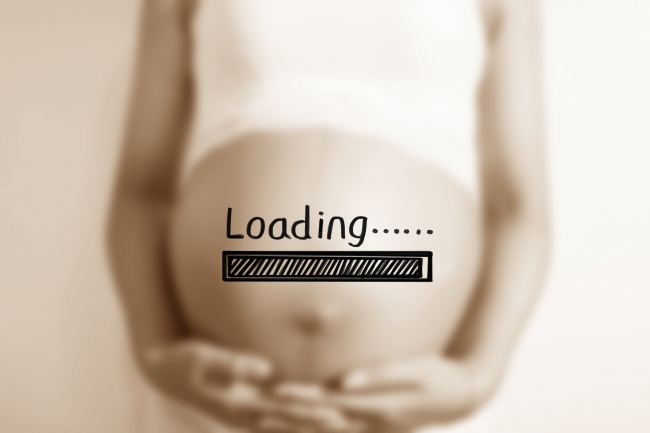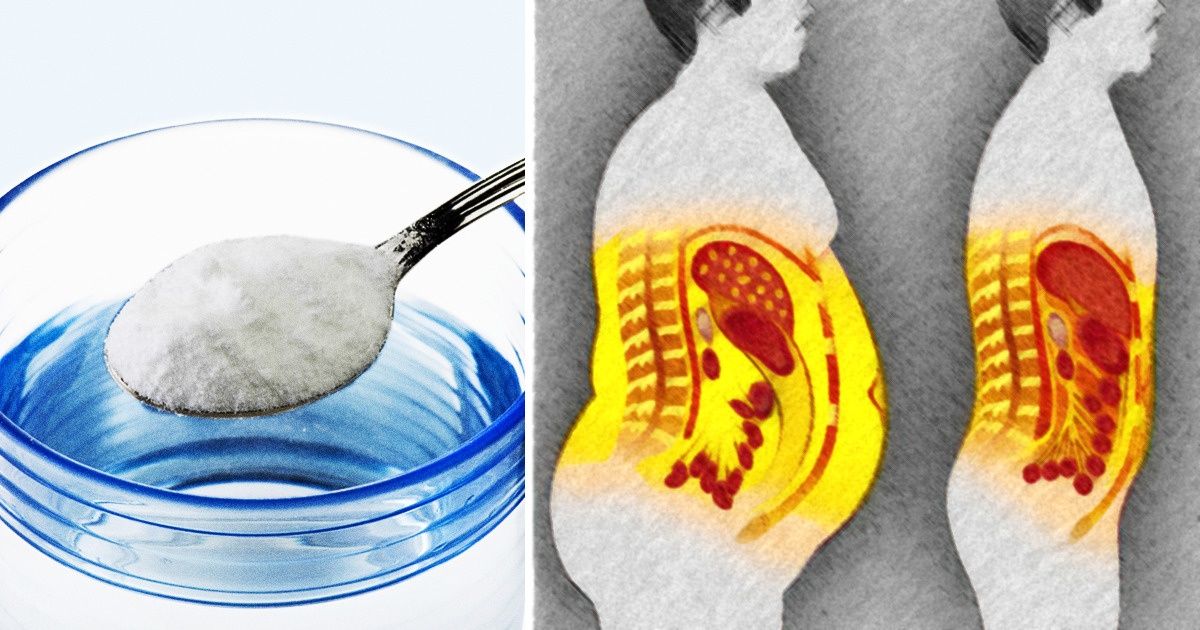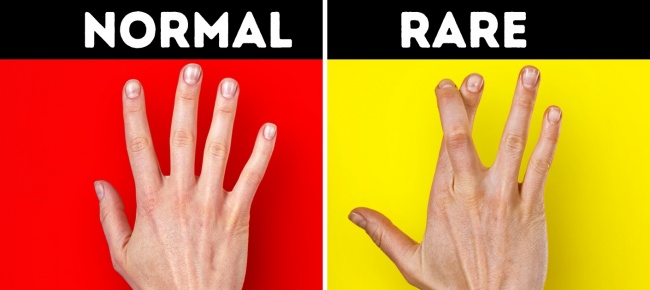Motherhood is one of life’s most transformative journeys, but deciding the “right time” to embark on it can feel overwhelming. Societal trends show that the average age of first-time mothers is rising—now 30+ in many developed countries—and women are increasingly balancing biological realities with career, financial, and personal goals.
Recent scientific studies have shed light on the optimal age for motherhood, blending fertility data with socioemotional factors. In this comprehensive guide, we’ll explore what researchers say about the best age to have a baby, the risks and rewards of different timelines, and how modern advancements are reshaping parenthood planning.
1. The Biological Clock: When Fertility Peaks and Declines

Understanding the biological window for conception is critical. Female fertility peaks in the early to mid-20s, with a gradual decline beginning around age 30 and accelerating after 35. By age 40, the chance of conceiving naturally drops to just 5% per menstrual cycle, according to the American College of Obstetricians and Gynecologists (ACOG).
Key factors influencing fertility include:
- Ovarian reserve: The quantity and quality of eggs diminish with age. Anti-Müllerian Hormone (AMH) testing can provide insights into remaining egg supply.
- IVF success rates: While assisted reproductive technologies like IVF can help, success rates decline sharply after 35. For example, women under 35 have a 55% IVF success rate per cycle, compared to 15% for those over 42 (CDC, 2023).
- Pregnancy risks: Advanced maternal age increases risks of chromosomal abnormalities (e.g., Down syndrome) and miscarriage.
Despite these challenges, modern medicine offers solutions like egg freezing, which preserves fertility for those delaying motherhood.
2. 20s vs. 30s: Weighing the Pros and Cons of Each Decade

Deciding between starting a family in your 20s or 30s involves trade-offs.
Motherhood in Your 20s
- Pros: Higher fertility, lower pregnancy risks, and more energy for parenting.
- Cons: Potential career interruptions and financial instability. Only 18% of women in their 20s feel financially prepared for parenthood (Pew Research Center).
Motherhood in Your 30s
- Pros: Greater emotional maturity, financial stability, and established careers. Studies show children of older mothers often perform better academically (University of Copenhagen).
- Cons: Fertility challenges and higher risks of gestational diabetes, hypertension, and cesarean delivery.
3. Career, Finances, and Timing: Striking the Right Balance
Balancing career ambitions with family planning is a key concern. Women who delay motherhood until their 30s often benefit from higher incomes and workplace flexibility. However, gaps in maternity leave policies and childcare costs (averaging $10,000+ annually in the U.S.) remain barriers.
Strategies for success include:
- Negotiating flexible work arrangements (remote work, adjusted hours).
- Leveraging employer-sponsored fertility benefits, offered by companies like Google and Apple.
- Utilizing 529 savings plans for future education costs.
Countries like Sweden, which offers 480 days of paid parental leave, demonstrate how supportive policies can ease the career-family balance (OECD).
4. Health Risks and Advanced Maternal Age: What the Data Shows
Pregnancy after 35, termed “advanced maternal age,” carries specific risks:
- Gestational diabetes: Affects 10% of pregnancies in women over 35 (NIH).
- Preeclampsia: 2x more common in older mothers.
- Premature birth: Rates rise from 8% (under 35) to 15% (over 40).
However, proactive health measures—like prenatal vitamins, regular exercise, and monitoring blood pressure—can mitigate risks. Egg freezing and donor eggs also offer pathways to motherhood, though costs (e.g., 15,000–15,000–30,000 per egg-freezing cycle) remain prohibitive for many.
Conclusion: There’s No Universal “Right Time”
Science points to the late 20s to early 30s as the optimal biological window for motherhood, but modern life demands a broader perspective. Advances in reproductive technology, evolving workplace norms, and personal priorities all play a role. Whether you’re 25 or 40, informed planning—and a supportive healthcare team—can help you navigate this deeply personal decision.
By understanding the data, risks, and resources available, you can confidently choose the path that aligns with your body, career, and heart.
Preview photo credit rexfeatures, rexfeatures
Based on materials from womenshealthmag, mayoclinic









